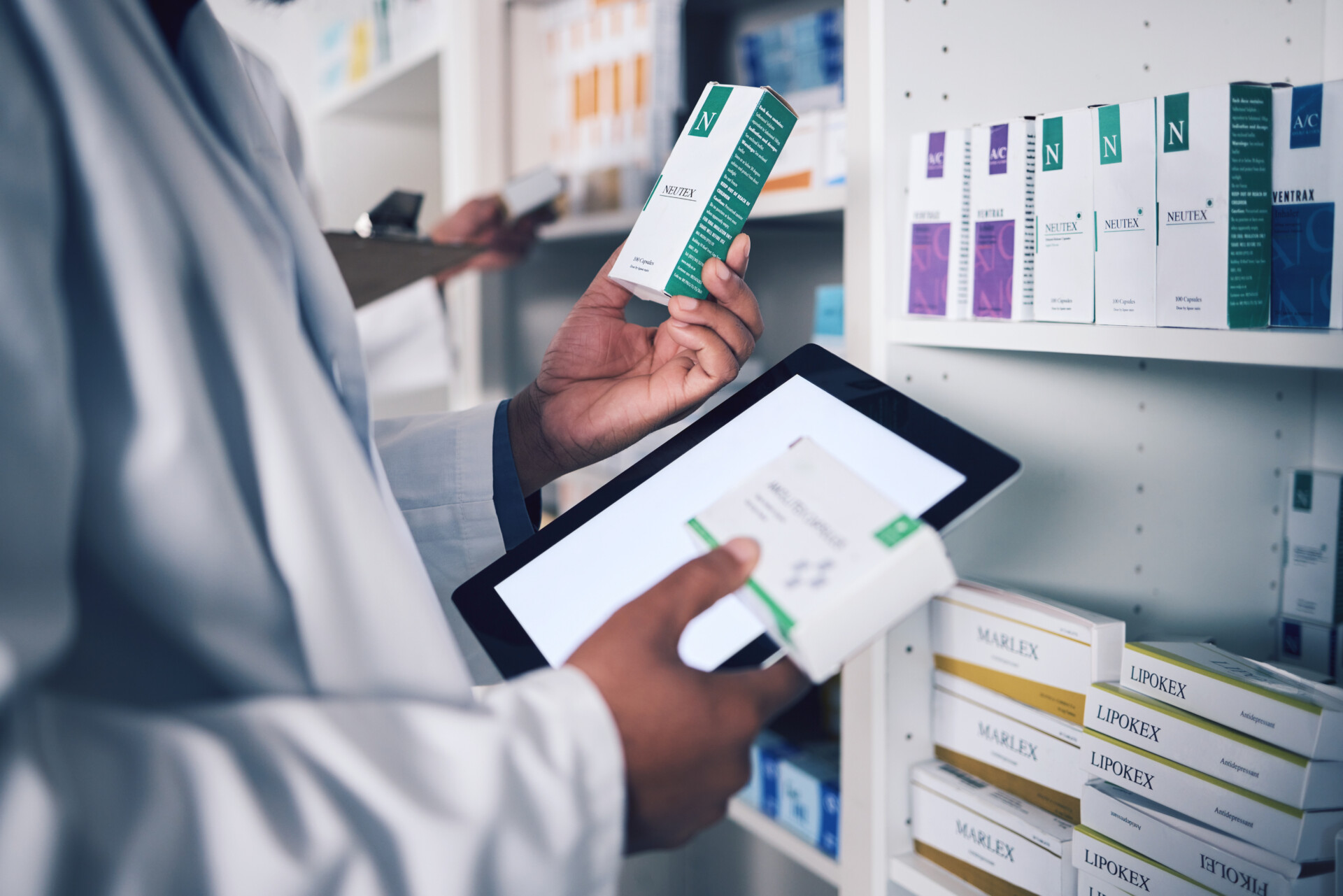In today’s data-driven healthcare landscape, manufacturers of medical devices, pharmaceuticals, diagnostics, and biotech face mounting challenges in managing, integrating, and leveraging data effectively. Without a streamlined approach, these challenges hinder sales team efficiency, diminish the impact of non-personal promotion (NPP), and make it difficult to build accurate personas for targeted engagement. Addressing these data struggles is critical to achieving operational efficiency, optimizing engagement, and driving growth.
How Data Problems Hold Companies Back—And What You Can Do About It
- Businesses face common issues with disorganized, inaccurate, or incomplete data, making it difficult to maintain consistency and efficiency in operations.
- Poor data quality leads to ineffective decision-making, wasted resources, and missed opportunities, preventing manufacturers from maximizing their market potential.
- Data Connex serves as a solution that streamlines data integration, enhances accuracy, and enables omnichannel readiness for smarter decisions, helping healthcare manufacturers transform their approach to data management.
The Data Challenges Healthcare Manufacturers Face
- Disorganized and Siloed Data: Fragmented information across systems leads to inefficiencies, making coordination between sales and marketing difficult.
- Lack of Data Integration: Inability to merge first-party sales data with third-party insights limits opportunities for strategic outreach.
- Poor Targeting & Segmentation: Without clean, enriched data, sales and marketing efforts miss key decision-makers and waste valuable time.
- Ineffective Non-Personal Promotion (NPP): Without data-driven insights, outreach efforts often fail to engage healthcare professionals effectively.
- Limited Predictive Capabilities: Without predictive analysis, manufacturers miss sales opportunities and rely on intuition rather than actionable insights.
Why Fixing Data Problems Matters
1. Boosts Sales Team Efficiency
Clean, structured data enables sales reps to focus on high-value opportunities. By eliminating redundant, outdated, or inaccurate information, teams can prioritize their outreach and maximize conversions.
2. Enhances Non-Personal Promotion for Greater Impact
With AI-driven insights and omnichannel readiness, manufacturers can craft targeted messaging that resonates with HCPs. Personalized, data-backed engagement ensures higher response rates and increased brand awareness.
3. Enables Smarter Targeting & Persona Development
A robust data strategy helps manufacturers build precise personas based on specialty, prescribing behaviors, and engagement history. This ensures that marketing and sales efforts are aligned with the most receptive audience.
4. Facilitates Data-Driven Decision Making
By transforming raw data into actionable insights, manufacturers can implement Next Best Action (NBA) strategies—engaging providers at the right time, through the right channel, with the right message.
5. Increases Market Expansion & Whitespace Coverage
Leveraging advanced data analytics helps uncover untapped market opportunities, allowing manufacturers to expand into new segments, increase whitespace coverage, and drive revenue growth.
How Connexio Health Solves These Challenges
At Connexio Health, we bridge the gap between healthcare manufacturers and providers with Data Connex powered by DPro—a powerful AI-enabled data solution that enhances, integrates, and transforms data into actionable insights.
✔ Seamless Data Integration: Combine first-party, third-party, and market data for a unified view.
✔ Advanced Targeting: Reach HCPs with precision for more effective campaigns.
✔ Enhanced Accuracy: Cleanse and de-dupe data to ensure reliability.
✔ Next Best Action (NBA) Insights: Leverage AI to drive impactful engagement strategies.
By optimizing data intelligence, healthcare manufacturers can unlock growth, improve sales performance, and enhance provider engagement.



